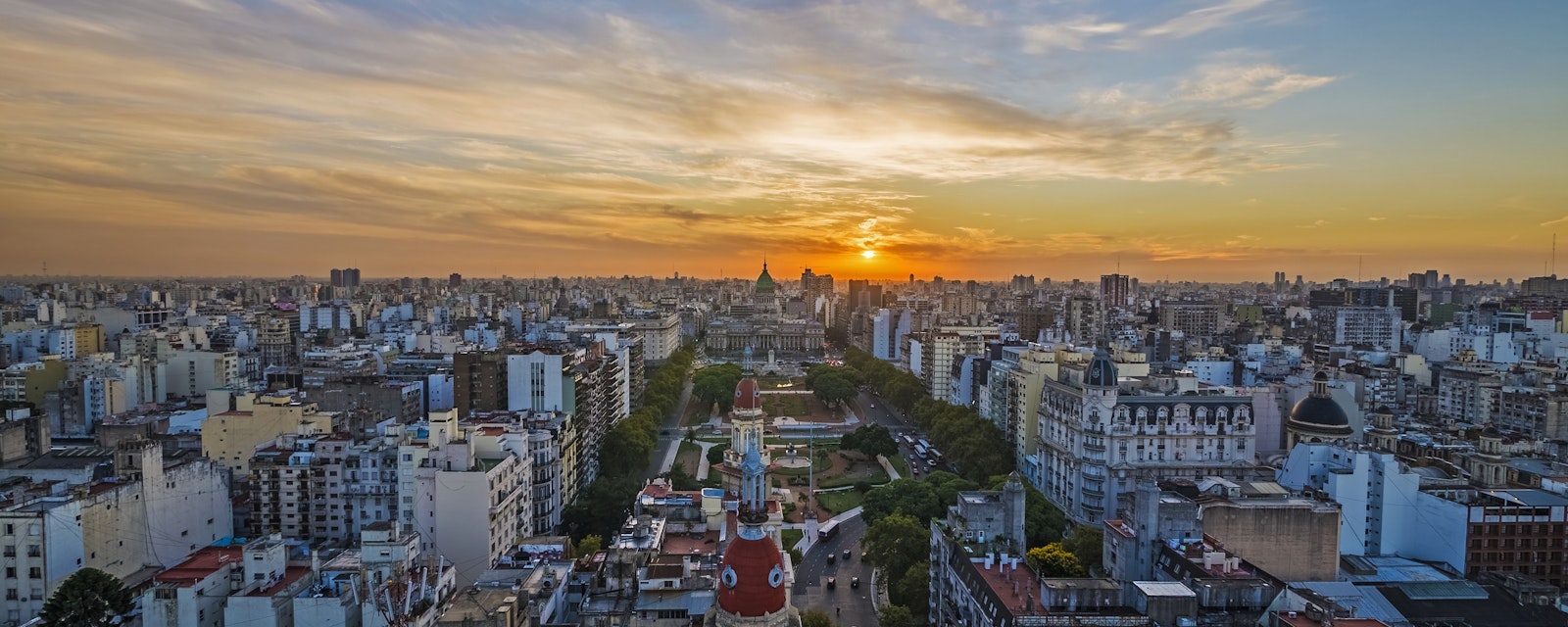This week, in Argentina, inflation remains at the top of the agenda in what will be a difficult few days for an embattled government. Brazil’s President Jair Bolsonaro has revived his attacks on the voting system. Meanwhile, problematic security conditions in Colombia could influence voting intentions ahead of the upcoming presidential election. In Mexico, the government’s aviation and airport policy remains under scrutiny. Finally, exploratory talks between Venezuela and the US look to have gone nowhere, judging from the US endorsement of opposition leader Juan Guaido.
Argentina
The monthly inflation rate for April will be published on 12 May. The rate is widely seen as unlikely to drop below 5.5%, an improvement on the 6.7% rate for March but still uncomfortably high. The accumulated inflation rate in 28 months of Alberto Fernandez’s presidency stands at 153.1%. The situation has contributed to the increasingly open and acrimonious confrontation within the governing coalition, with powerful VP Cristina Fernandez (CFK) upping her criticism of Finance Minister Martin Guzman and the rest of the economic team. CFK last week celebrated a 60% salary hike agreement secured by the local banking union, in a clear snub to Guzman’s efforts to ensure wage gains do not outpace inflation.
In parallel, and to complicate matters, this week, the government is holding a series of public hearings before reducing utility tariff subsidies; tariffs went up by 20% in March and are set to rise again by a similar amount for most users as Guzman looks to trim the fiscal deficit. Guzman has been busy working on a plan to better target subsidies. That will not stop left-wing direct-action groups (piqueteros) from staging major demonstrations to press the government for more social spending and new jobs programs; the events will culminate in a major rally in Buenos Aires on 12 May. Fernandez himself, who continues to largely ignore the sniping and criticism from his Kirchnerista allies, will hope to avoid this week’s political flak by going on a trip to Europe.
Brazil
President Jair Bolsonaro has revived attacks against the electronic ballot system instead of focusing on economic issues in his re-election pre-campaign. The issue has been gaining traction despite the rejection of a constitutional amendment to reinstate paper balloting by the House of Representatives in August 2021. Last week Defense Minister Paulo Sergio Nogueira requested that the electoral court (TSE) publish questions it received from the armed forces about the October elections - which was not opposed by the TSE’s president, Supreme Court (STF) Judge Edson Fachin. The intensification of issues that find strong support in the president’s die-hard far-right electorate is likely designed to avoid addressing economic issues such as high inflation and unemployment. This comes before any solution has been found to the controversial presidential pardon granted on 21 April for a legislator ally who was convicted of threatening the court and the country’s democratic order.
Colombia
A four-day armed strike enforced by the Clan del Golfo cartel across swathes of northern Colombia may have just ended, but its political effects will continue to be felt this week. Economic activity virtually ground to a halt as the cartel and its paramilitary enforcers threatened violent reprisals against businesses, transport companies, and local government services. The strike, which was organized as a show of force following the extradition to the US of the cartel leader alias Otoniel last week, affected around 15% of Colombia’s municipalities. President Ivan Duque has been widely criticized for misjudging the impact of Otoniel’s arrest last year and for failing to take the threat posed by the cartel seriously enough. The leftist presidential candidate Gustavo Petro – whose relations with the military have been rocky – has accused Duque of surrendering territory to the cartel and of taking a stronger line against social protests than against the cartel.
Mexico
Aviation policy and President Andres Manuel Lopez Obrador (AMLO)’s flagship redevelopment of a military airbase into the new Felipe Angeles International Airport (known locally as AIFA), which opened in March, will be the subject of further scrutiny this week. This follows an aborted landing by a Volaris plane on 7 May at the main AICM airport, where passenger numbers have long exceeded capacity. Last week, the International Federation of Airline Pilots’ Association (IFALPA) publicly complained about an increase in potentially dangerous incidents at the AICM, partly because of the reconfiguration of airspace since the AIFA was inaugurated on 21 March. Domestic carriers have thus far been reluctant to switch operations to the new airport. However, the government is planning measures that would oblige some carriers to make the switch. Safety concerns could make it more difficult to recover Mexico’s aviation safety rating, which was downgraded by the US Federal Aviation Authority (FAA) last year.
Venezuela
Opposition leader Juan Guaido may have received reaffirmation of US support for his “interim presidency” last week. Still, it remains unclear whether he will be invited to the Summit of the Americas, which the US is hosting in June. President Nicolas Maduro is not invited. The US endorsement of Guaido’s position follows the controversial high-level US-Venezuelan talks held in early March in the aftermath of Russia’s invasion of Ukraine, which blindsided Guaido. Following the March meeting, Maduro said that he would “reactivate” talks with the opposition that broke down last October. No such reactivation has taken place. The US is now conditioning any easing of sanctions against the Maduro regime on the resumption of talks and concrete advances.




